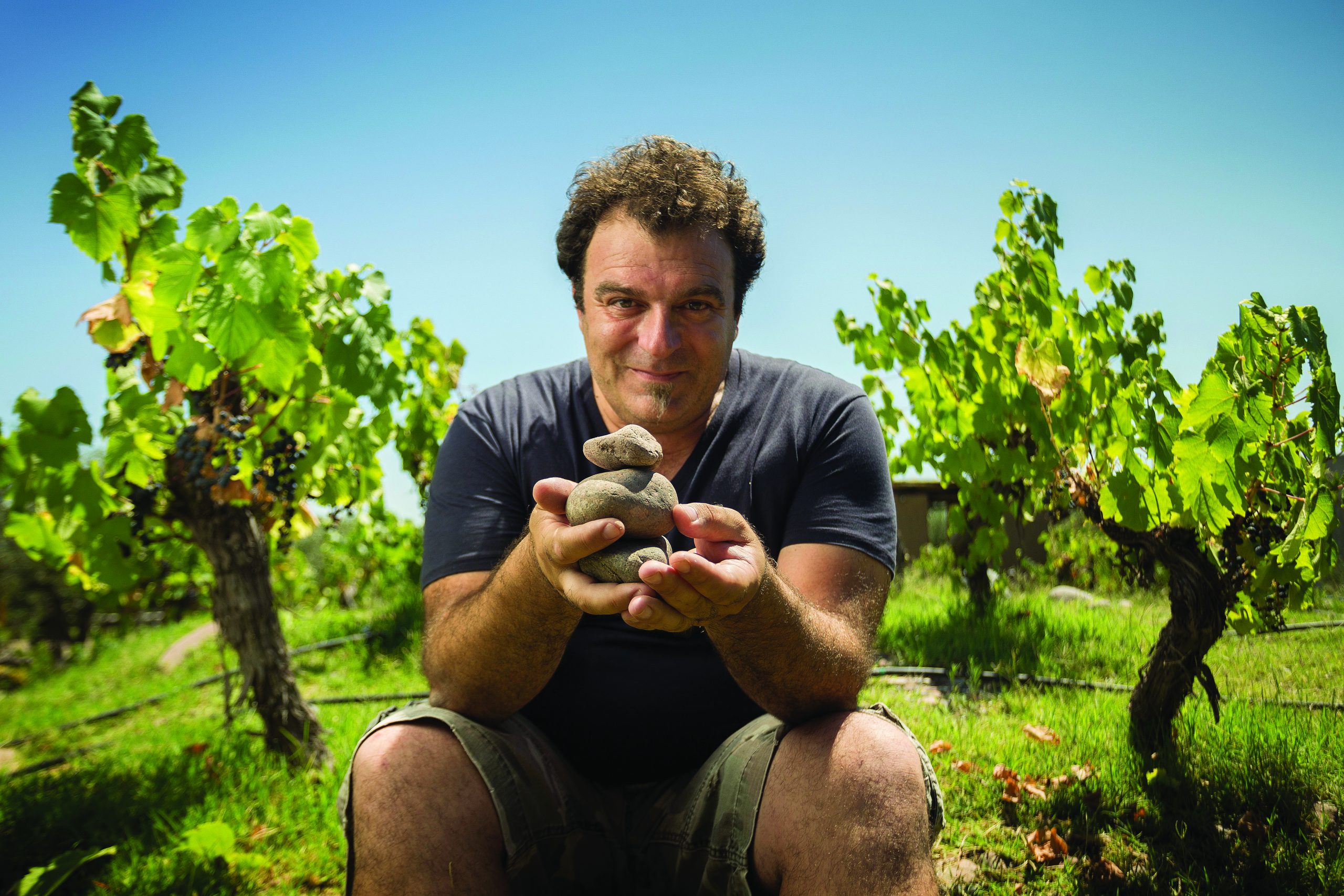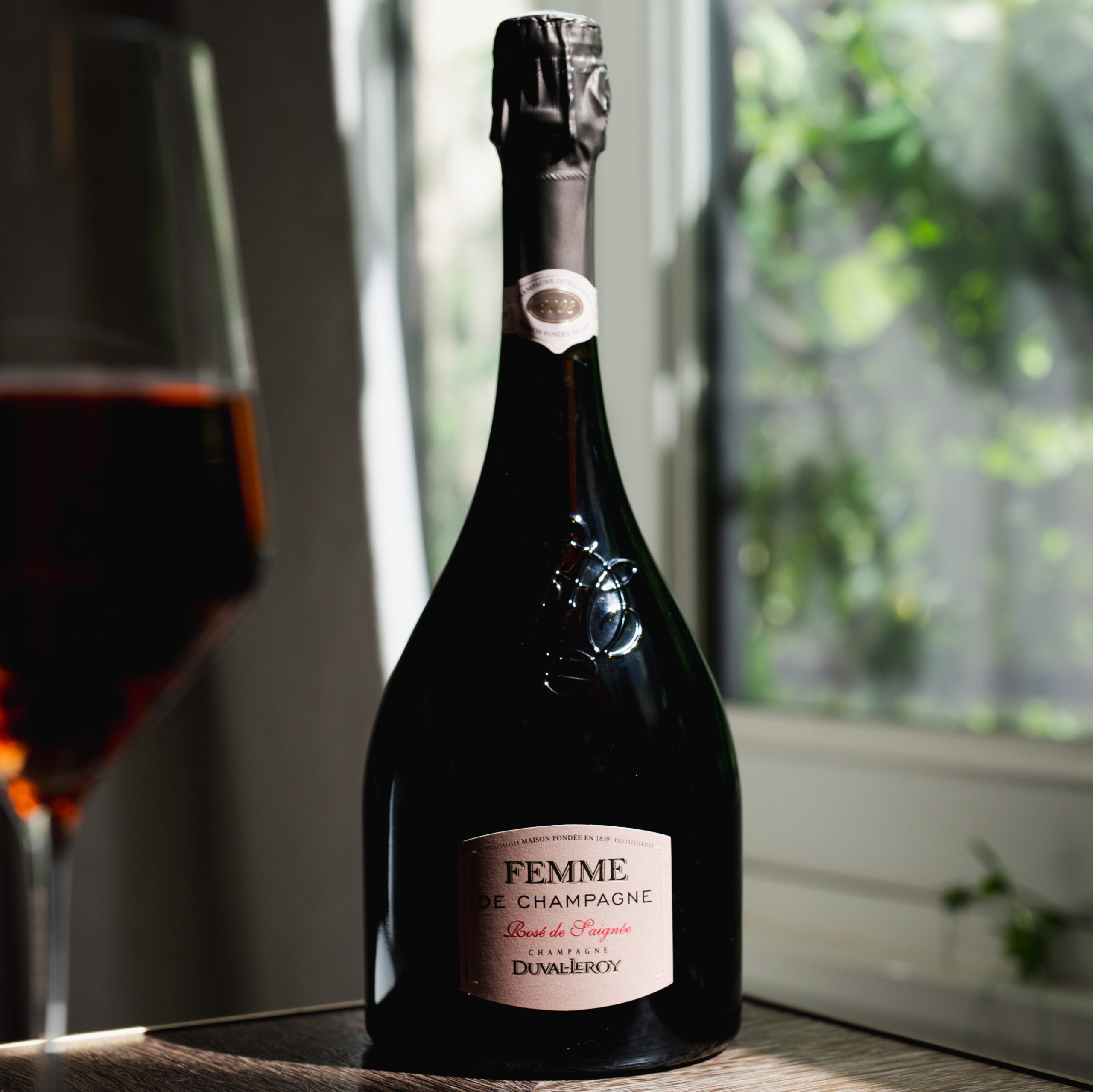Wine company sued over ‘fake’ Yquem
By Rupert MillarLondon-based fine wine merchant, the Antique Wine Company, is accused of selling an American wine collector thousands of dollars worth of fake Bordeaux.
The Yquem was apparently made “before George Washington became president”.
Atlanta real-estate developer, Julian LeCraw, has filed a lawsuit against AWC, AWC Holdings, AWC Global and its owner Stephen Williams for 16 counts including, breach of contract, fraud, conspiracy to defraud and negligent representation among others.
LeCraw brought the complaint after, he claims, it emerged that a number of bottles the company sold him were found to be fakes and, he said, also because AWC has not paid him “millions of dollars” for wine he had consigned in 2010.
The most high-profile claimed forgery is a bottle of 1787 Yquem which LeCraw bought for nearly US$100,000 in 2006 amid much media coverage.
When the wine was sold, it was touted as “the most expensive bottle of white wine in the world” and “made with grapes picked before George Washington was president”.
It was reported at the time that Williams flew the bottle out to LeCraw’s house in a private jet saying he was delivering it to an “anonymous American billionaire” and also stayed at LeCraw’s house in Georgia – a claim denied by Williams.
According to the Courthouse News Service, LeCraw now adds that, “he is not and never has been a billionaire, and that Williams used hyperboles to ‘further the mystique of the 1787 d’Yquem sale’.”
In 2006 and 2007, however, LeCraw bought more wine from AWC, including a six-litre bottle of 1908 Margaux and numerous 18th and 19th century vintages of Lafite – which are also said to be fake.
LeCraw said he only discovered this last year when he tried to sell some of the wines and doubts about their authenticity were raised by the merchant.
He had the wine looked at by authentication consultant, Maureen Downey, who said she thought them fakes and the fact was settled when the châteaux themselves apparently looked at the bottles only last month and said they were, “faux”.
The director of Domaines Lafite Rothschild even emphatically declared them, “Faux, faux, faux”.
Partner Content
In the complaint LeCraw’s lawyers stated: “The Downey report explains why each bottle of fake wine is not what it purports to be.
“For instance, on some of the bottles that are supposedly centuries old, the labels were printed by computer. Others show excess glue around the labels which could not have been used by the chateaux.
“Other indicia of counterfeiting relates to the corks, the capsules, the sediment inside the bottle, the shape and colour of the bottle, and the colour of the liquid in the bottle, among other things.”
The prosecution has also brought forward what it calls “Exhibit B”, which is alleged to be a letter of “authentication” for the Yquem from the infamous Hardy Rodenstock, a now disgraced wine collector who is in hiding.
Some of the older vintages of Lafite even have the five arrow logo which the group did not begin using until 1988, a mistake the complaint called a “sloppy mistake” on the part of the counterfeiter.
According to the Courthouse News Service, Williams also apparently refused to buy back much of the wine, even though LeCraw offered to sell them at a loss, though the company did take a lot of wine on consignment in 2010 for which, LeCraw claims, he still owed millions of dollars.
The full, 59- page, complaint can be seen here.
No one from the AWC was immediately available for comment.





The important part of the 59 page complaint is paragraph 28 where is states “Williams included the Rodenstock letter to
corroborate the provenance and authenticity of the alleged 1787 bottle.” I think that is all we need to know.
I remember reading about this vulgar display of excess a few years ago. What I do not understand is why no one, not even the producers, sounded the alarm at the time. With the publicity that surrounded this ‘sale’, surely many suspicions would have been raised as to the authenticity of the wine.
The Antique Wine Company strongly denies all the allegations made against it by Julian LeCraw.
Our lawyers have been in correspondence with Mr LeCraw’s lawyers over these allegations for some months and have provided them with extensive evidence to prove that the allegations made by them are unfounded. This evidence includes extensive information provided at the time of the sales to show the authenticity of the wines and subsequent documents verifying the original information.
They have co-operated fully in connection with the consigned wines and have made extensive proposals for resolution of this issue.
The Antique Wine Company, since its inception in 1989, has supplied hundreds of bottles of highly valuable wine to customers around the world. Ensuring the authenticity of these wines is paramount and they maintain extensive records proving traceability from the suppliers to the company and beyond including documents from chateaux and producers.
As an additional clarification, the 1787 Yquem in question has nothing to do with Mr. Hardy Rodenstock, it did not come from him, nor did he provide any evidence of its authenticity, as his letter to The Antique Wine Company makes clear. The chateau provided the necessary evidence of authenticity.
The proceedings brought against the Antique Wine Company will be vigorously defended.